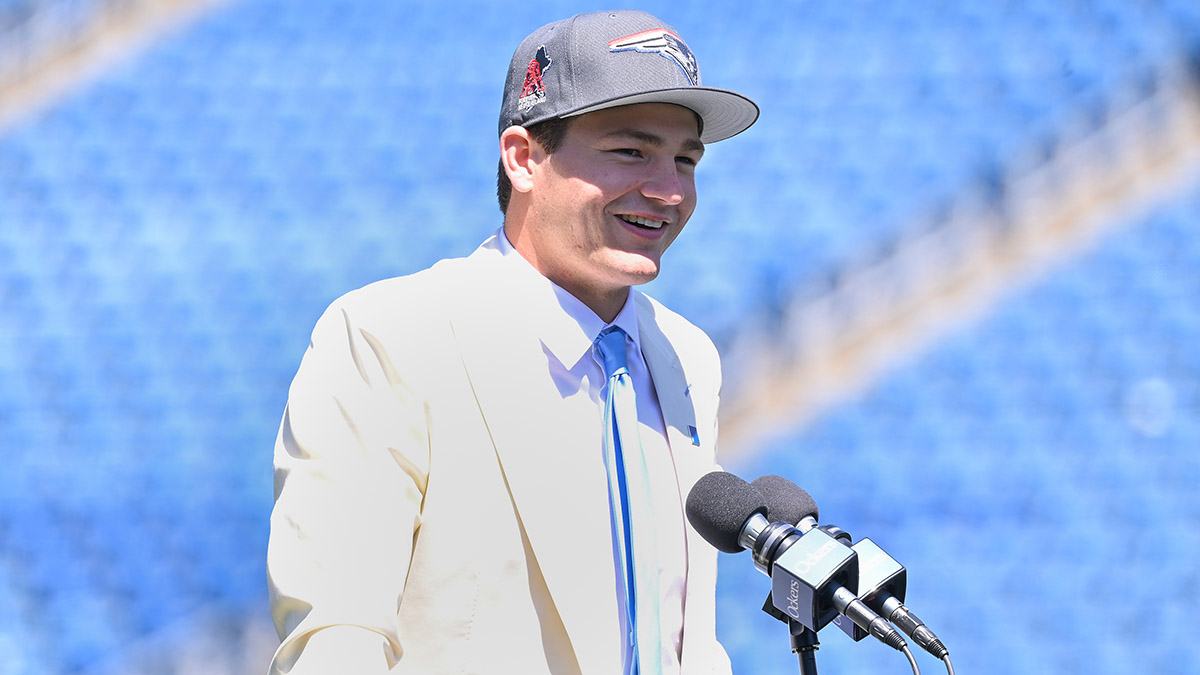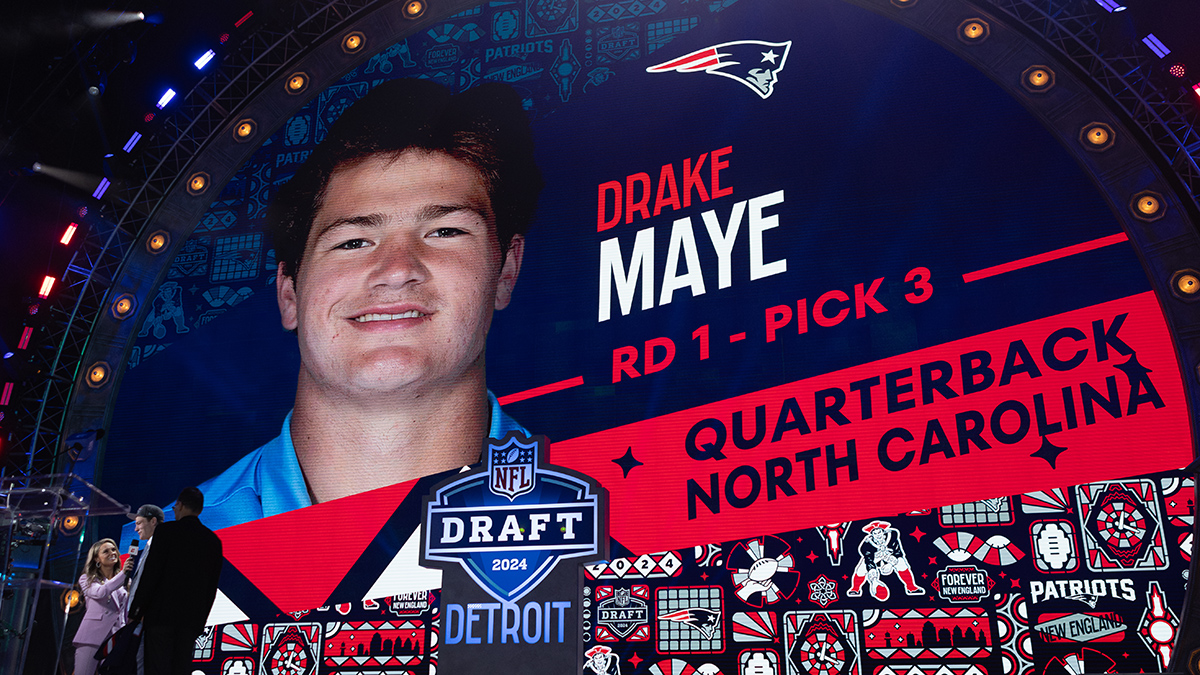Embattled New England Patriots quarterback Tom Brady has undoubtedly created a public relations disaster for himself with new reports that he had the smartphone he was using during the "Deflategate" saga destroyed, apparently hours before he was called before Deflategate investigator Ted Wells.
But as a member of a powerful labor union using a personal phone, not one issued by his employer, Brady appeared to be on solid ground legally tossing the "broken Samsung."
"The NFL has no power to issue their own subpoena," Boston defense lawyer Peter Elikann, a Massachusetts Bar Association leader, said in an interview Wednesday afternoon. "They're not a court. They're not law enforcement."
And beyond that, Elikann said, he can imagine abundant personal reasons Brady would want to to ensure his personal phone never got turned over to who knows what NFL investigators to become a Tom-and-Giselle fishing expedition.
"Smartphones are something that we've never had in history before. Your entire life is on a smartphone: your financial records, your personal photographs, your private romantic communications," Elikann said. "Every inch of your life is on that smartphone."
The NFL says it failed to discover until June 18 Brady had the phone destroyed back around March 6, the day he met with Wells. While it's being hotly debated whether Brady should have affirmatively reported getting rid of the phone, Elikann said it does not appear to be a case where the NFL could get Brady in legal trouble for junking the phone.
"There was no lawsuit filed, and he wasn't put on notice. He could have received a letter: We want to preserve evidence in case of a potential lawsuit," and then Brady would have been subject to sanctions for getting rid of the phone.
New England Patriots
Brady's team says they told the NFL the numbers of everyone Brady texted with during the period Wells was investigating, but NFL Commissioner Roger Goodell asserted it would be “not practical” to contact each of them for texts they exchanged with Brady.
"As far as any kind of a civil lawsuit for destroying that evidence – I think that’s on very, very questionable ground," Elikann said.
Alfred Demirjian, CEO of TechFusion in Cambridge, has been recovering computer and smartphone data for 28 years, and when asked if Brady's phone is gone, are the Deflategate text messages really gone forever, too, he said: "I don't think so. The understanding in the industry is that everybody says, 'Oh, Verizon cannot provide it.’ If it was a national security issue, Verizon will definitely come up with the information.’’ When I asked if he believed it was the same situation with AT&T, Sprint, and T-Mobile, Demirjian said: “Everybody. Everybody. Anything that gets texted, it gets documented.’’
So now, depending on how the lawsuits roll out, it becomes a question of what Brady texts the NFL can get a judge to order must be produced by Brady’s smartphone provider – we don’t know which company it is – as relevant for “discovery” by lawyers. In that area, attorneys said, Brady will find he enjoys significantly lower privacy protections than if the government had accused him of a crime and Fourth Amendment search-and-seizure protections applied.
With videographer Marc Jackson



